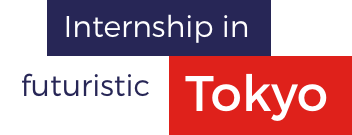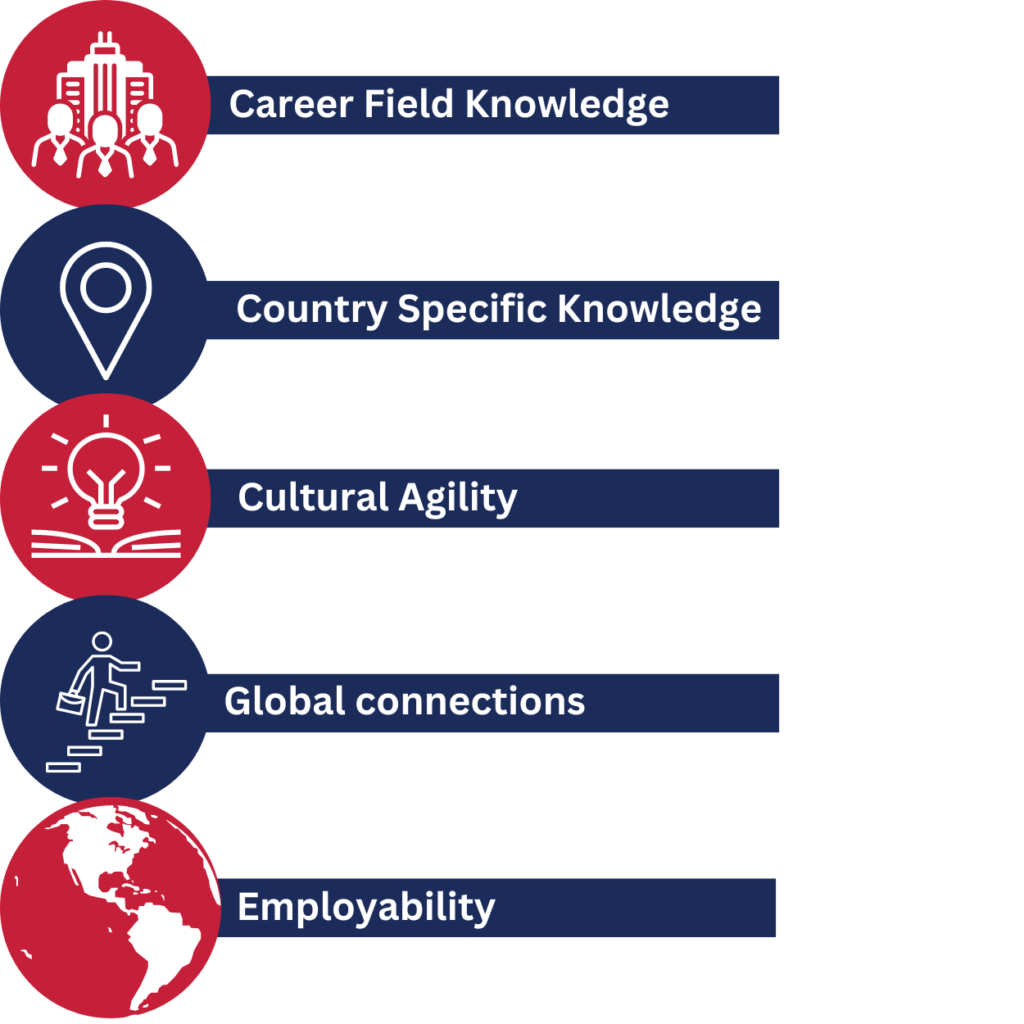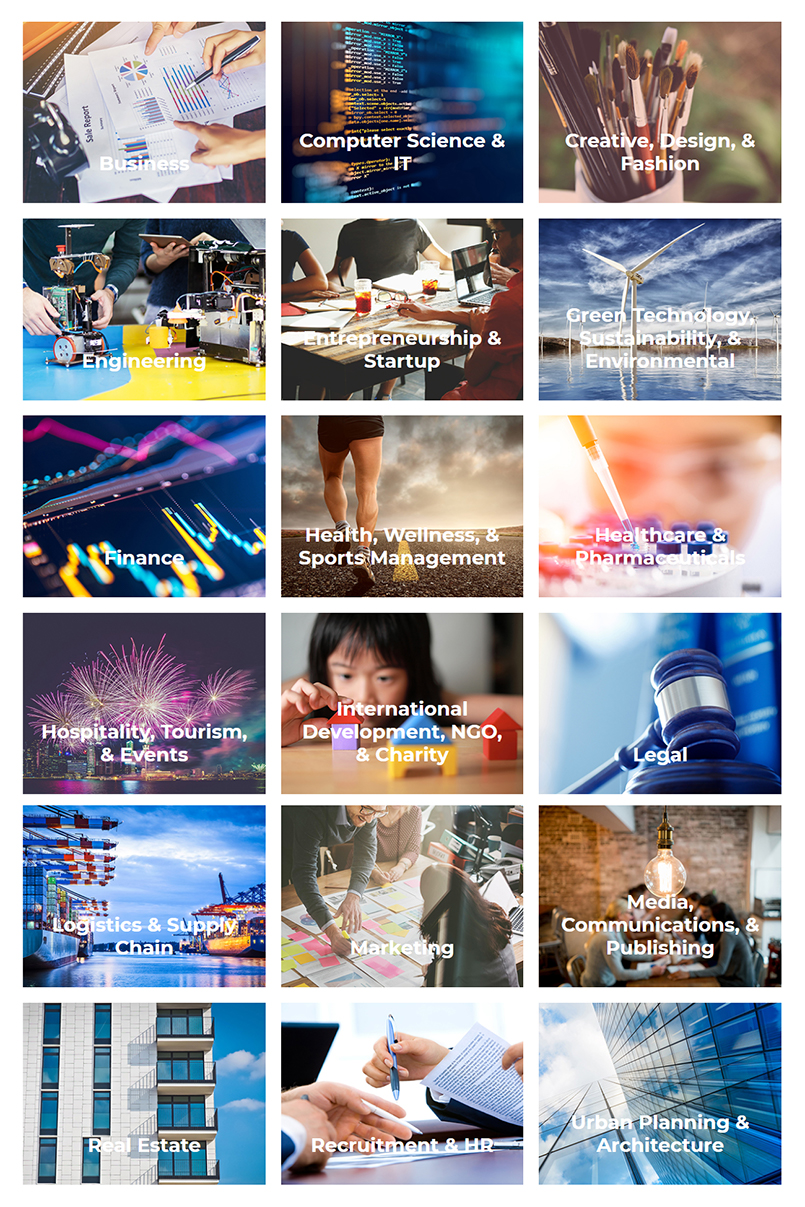
Internships in Tokyo
Join us on one of our incredible two-month international internships in Tokyo, Japan’s energetic capital city. Immerse yourself in the sights and sounds of a global powerhouse of business and innovation.
Why intern in Tokyo?
- Tokyo is the largest metropolitan city in the world, with a total of more than 37 million residents.
- Cost of living – about 40% less than New York, with rent prices being over 60% cheaper.
- Tokyo is home to some of the most unique areas in all of Asia. Strut your stuff in stylish Harajuku, an area known for its stylish fashion boutiques, or pick up some rare anime and collectibles in Akihabara Electric Town.
- Tokyo is, by most measures, the richest city in the world with a GDP of $1.6 billion; that’s over $100 million higher than the next richest city, New York.
- The country is home to 53 of the Fortune Global 500 companies. Top industries in the country include finance, electronics, construction, engineering, animation studios and more.
Tokyo’s Top Internship Career Fields
Tokyo is the beating heart of Japan’s economy, much of which is supported by innovative & exciting Startups & SMEs, begging for more young, international talent, which is focused around most every business function (Marketing & PR, Finance, Entrepreneurship, etc.). Tokyo offers a little bit of everything, with other top industries in the city including, electronics, engineering and animation, providing any participant with a plethora of opportunities to experience a global Japanese business culture and have a chance to learn from one of the most competitive and expansive markets in the world.
What’s Included in Tokyo

5 Key Learning Objectives

For every Tokyo Internship Program intern
In addition to the above, your program will also include;
- High-quality accommodation
- CareerBridge, our Professional Development Hub, which contains 12 professional development courses
- Welcome Pack on arrival (SIM & Travel card included)
- Airport Pickup and Accommodation Drop-off
- Orientation Weekend including city tour
- Company First Day Support/ Drop-off
- Business, Cultural, and Community outreach events
- 24/7 emergency support
- Exclusive Alumni Network and LinkedIn groups
We offer 18 career fields for all of our internship programs
A program to suit you
Do you have a taste for adventure?
Whatever your interests, we have an option for you. We offer a customized travel program in addition to our one and two-month internship programs.
Take a look at our additional program options in Tokyo:
Internship Program
Complete a one or two-month internship in Tokyo.
Choose from a range of industries and gain international experience in your chosen sector.
Our Internship Program includes accommodation, networking events, cultural events and 24/7 on-the-ground support.
Travel Add-On
Add some extra adventure to your internship placement.
Get a taste of Japan with a 10-day trip around the country. Travel to some of Japan’s best and most famous landmarks before beginning your one or two-month internship placement. The Travel Add-On is fully-organized for your convenience with dedicated guides and pre-booked accommodation and transport.
High-quality Accommodation
By choosing our Internship Program you will be provided guaranteed accommodation in fully furnished shared apartments or private studios.
- The accommodation is vetted and approved by CRCC Asia
- Access to private or shared kitchens and laundry services
- Wifi and utilities are included (there is a fair usage policy, so any excess may be deducted from your accommodation deposit)
- Convenient location with amenities and/or public transport links in the surrounding area
- Within reasonable commuting distance of all our host companies
- Some accommodations require a refundable deposit at check-in
One of CRCC Asia’s 5 Key Learning Objectives is “Global Connections” – therefore we will do our best to ensure all participants are housed in the same building/complex. Due to demand, for some program locations it might be necessary to use accommodation in different locations across the city.
Program dates
Places are limited and allocated on a first-come, first-served basis. Be sure to apply at least 6-10 weeks prior to your preferred start date.
Tokyo Placement-Only Dates
We also offer a Placement-Only program for 1, 2, 3 months all year round.
Please refer to all program start dates HERE.
Placement-Only Programs include guaranteed internship placement & emergency support, but exclude accommodation, visas, and events.
Program Fees
INTERNSHIP PROGRAM – ‘Our award-winning flagship program’
- USD
- GBP
- EUR
- AUD
- NZD
PLACEMENT ONLY – ‘Our value option’
- USD
- GBP
- EUR
- AUD
- NZD
Visa Requirements
An internship in Japan that is less than 90 days without remuneration is regarded as a voluntary activity, therefore no visa is required if you are citizen of a country on this list.
OR
For countries that do not benefit from visa exemption, you might need to apply for a visa. Please contact your local Japanese Embassy/Consulate-General for more information on the visa type that applies to you, as well as the application process. The cost of your visa is not included in the Program Fee. It is recommended you submit the visa application at least 4 weeks prior to your Program Start Date. Immigration regulations are constantly changing so it is advised you pay attention to updates on the aforementioned list.
CRCC Asia has partnered with Saint Peter’s University in Jersey City, New Jersey, to offer a U.S. transcript and award 3, 6, or 9 academic credits for our international internship programs. Students will be enrolled in CRCC-295: CRCC Asia Internship Course.
Credit awarded will be based on the successful completion of CRCC Asia’s Global Internship Curriculum, CareerBridge, proof of hours worked, reflective essay, and an evaluation from your host company supervisor.
Access & Mobility
Q: How accessible is public transport in Tokyo for differently abled people?
- A: Tokyo’s public transport system is known for being efficient and fairly accessible, particularly in newer stations and on major lines. Most stations have elevators, escalators, and tactile paving for the visually impaired, and staff are available to assist with portable ramps for wheelchair users. However, some older stations might still be lacking in full accessibility, so it’s helpful to plan ahead, especially if you’re traveling outside of central areas.
Q: Are there pedestrian-friendly roads and sidewalks in Tokyo?
- A: In most areas, Tokyo’s sidewalks are well-maintained, with tactile guidance for visually impaired pedestrians and auditory signals at large intersections. However, in older or more residential areas, sidewalks may be narrower or less accessible. Generally, Tokyo is a very pedestrian-friendly city, but as with anywhere, it’s good to remain aware of your surroundings.
Q: Are public buildings accessible?
- A: Tokyo’s modern buildings and public spaces are generally well-equipped for accessibility, with ramps, elevators, and accessible restrooms. Some smaller businesses or older buildings may not be as accessible, but overall, the city does a good job of accommodating people with mobility challenges.
LGBTQIA+ Norms
Q: Is Tokyo LGBTQIA+ friendly?
- A: Tokyo is becoming increasingly welcoming to the LGBTQIA+ community, particularly in districts like Shinjuku’s Ni-chome, which is known for its LGBTQIA+ nightlife and supportive community. The city’s Rainbow Pride Parade continues to grow each year, and there’s a general atmosphere of acceptance, especially among younger generations. However, legal recognition for same-sex relationships is still pending, and societal attitudes can vary.
Q: What legal protections exist for the LGBTQIA+ community?
- A: While Japan is gradually moving towards greater LGBTQIA+ inclusivity, same-sex marriage is not yet legal. That said, Tokyo has introduced partnership certificates for same-sex couples, offering some legal recognition and benefits. There’s still progress to be made in terms of comprehensive anti-discrimination protections, but Tokyo is leading the way in fostering a more inclusive environment.
Race and Ethnicity
Q: Is Tokyo diverse in terms of race and ethnicity?
- A: Tokyo is becoming more diverse, with a growing number of foreign residents and visitors. Areas like Shin-Okubo (Koreatown) and Nishi-Kasai (Little India) showcase the city’s multiculturalism. While Japan is still predominantly ethnically homogeneous, Tokyo stands out for its international vibe, particularly in its food, fashion, and art scenes.
Q: Do foreigners face challenges in Tokyo?
- A: While Tokyo is generally very open and friendly toward foreigners, there can be occasional language barriers or cultural differences. You might encounter some stares or assumptions, but these are usually driven by curiosity rather than negativity. Most foreigners find Tokyo to be a safe and welcoming city, and support services for expatriates and tourists are continually improving.
Religious Tolerance
Q: What religions are practiced in Tokyo?
- A: Tokyo is home to a variety of religious practices, from the traditional Shintoism and Buddhism to Christianity, Islam, and more. Shrines and temples are common throughout the city, and places like Meiji Shrine and Senso-ji Temple are must-visit spots. Tokyo’s religious diversity reflects its welcoming attitude towards different faiths.
Q: How should I behave when visiting religious sites in Tokyo?
- A: When visiting religious sites, it’s important to follow local customs, such as purifying your hands at the entrance to a shrine and being mindful of noise levels. Respectful behavior is expected, especially at popular sites where both tourists and locals come for quiet reflection. It’s a great way to experience a peaceful side of Tokyo.

